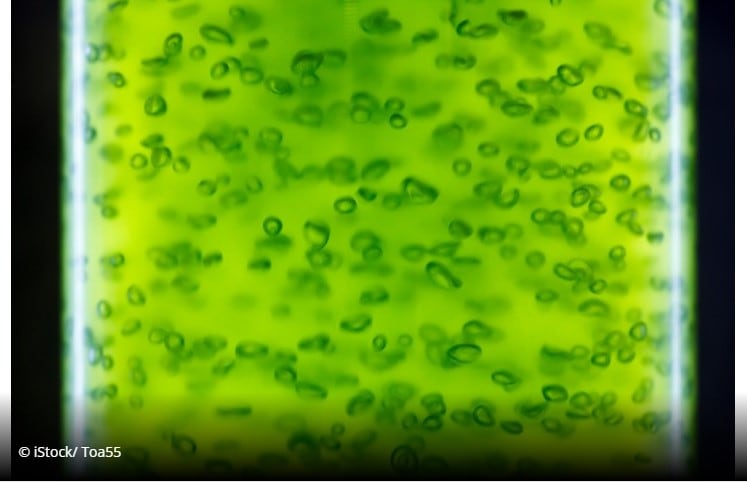An Aker Biomarine-sponsored study performed on triathletes found higher choline concentrations observed in those taking krill oil compared to the placebo group. This group also showed a greater increase in serum choline following race completion.
“There has been a worldwide increase in the number of people participating in endurance events over the past decade,” said Andreas Berg Storsve, director of R&D at Aker Biomarine Antarctic.
“Therefore, it’s imperative that we continue to explore nutrients like krill oil and their impact on sports nutrition.
“As demonstrated in this first of its kind study, supplementation with krill oil over time increases overall levels of circulating choline in endurance athletes participating in a wide range of competition formats with varying levels of difficulty.
“This means that the study is also good news for novice athletes and general consumers alike, and the bottom line is that anyone engaging in physical activity can benefit from krill oil.”
PUFA-rich
Krill oil is a dietary supplement rich in the long-chain omega-3 polyunsaturated fatty acids (PUFAs) eicosapentaenoic acid (EPA) and docosahexaenoic acid (DHA).
Its immunomodulatory and anti-inflammatory properties contribute to a valued role in addressing an assortment of inflammatory-related diseases.
Its interest also expends to sports nutrition for endurance events, specifically in recovery as long periods of high-intensity long-duration exercise may negatively affect immune function and inflammation.
Choline is an essential nutrient identified as a performance-limiting factor in endurance events due to its role in maintaining optimal muscle function during prolonged periods of physical activity.
Previous research has indicated that circulating plasma choline is used as a reservoir to cover the increased need for methyl groups during exercise.
When this free choline is not available it can affect muscle performance, eventually leading to muscle damage and reduced muscle stimulation, possibly contributing to muscle fatigue seen at the end of intense endurance exercise.
In collaboration with the university of Oslo, the Aker Biomarine team began enrolling forty-seven triathletes, 12 females and 35 males ranging in age from 25 to 61 years, who took part in the Ironman-distance Norseman Xtreme triathlon and the Sprint/Olympic-distance Oslo Triathlon.
Twenty-four of these athletes were randomly allocated to the krill oil group, receiving 4 grams (g) of Aker Biomarine’s SuperbaBoost krill oil daily for 5 weeks prior to the race.
Meanwhile 23 athletes were randomly allocated to the placebo group, receiving 4g of mixed vegetable oil daily.
Blood samples were obtained before the race, immediately after completion of the race, and the day after the race for analysis of choline and its metabolites.
Norseman vs. Oslo triathlon
Findings revealed that serum choline concentrations decreased from pre-race to race finish in all races.
This observation was more noticeable in the Ironman-distance Norseman Xtreme triathlon (34% decrease) compared to the Sprint/Olympic-distance Oslo Triathlon (15% decrease).
Further findings revealed higher concentrations of choline (9.4% on average) were recorded in the krill oil compared to the placebo group, and the krill oil group showed a significantly greater increase in serum choline following race completion.
“It is not surprising that choline levels dropped substantially more during the Norseman triathlon than during the Oslo triathlon,” the team explained.
“It has been suggested that the decrease in circulating choline during intense sports activities is because of an increased demand for choline as a methyl-group donor.
“If not enough choline is available during race settings, then muscle performance might be negatively affected, since less of the neurotransmitter acetylcholine can be synthesized.”
Source: Front. Nutr
Published online: doi.org/10.3389/fnut.2020.00133
“Effects of Krill Oil and Race Distance on Serum Choline and Choline Metabolites in Triathletes: A Field Study.”
Authors: Andreas Storsve et al.




